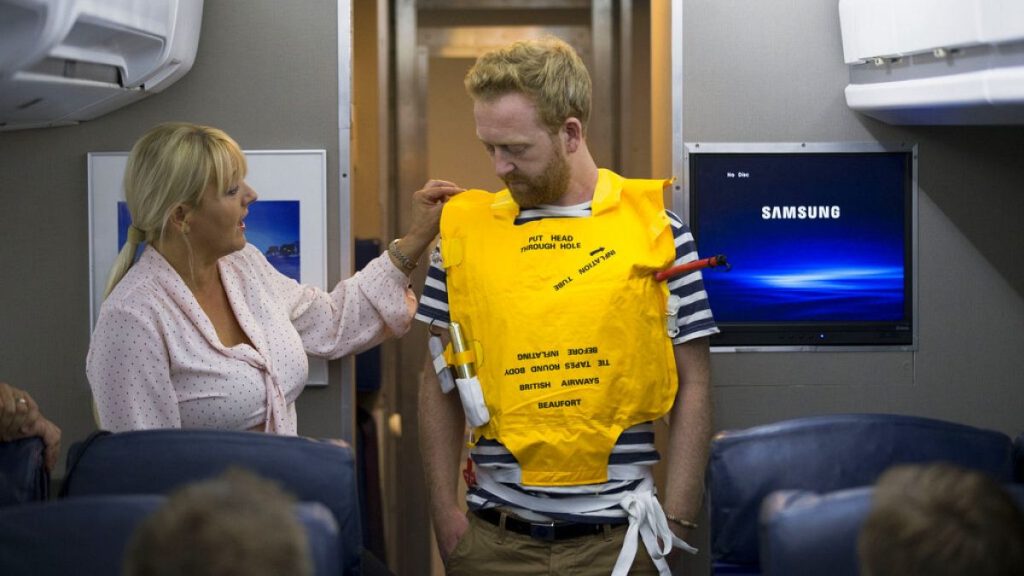In recent times, there have been several aviation accidents that have caused concern among travelers about the safety of flying. The year 2024 saw a number of tragic incidents, including a crash in Tokyo resulting in the death of five Japan Coast Guard members, a plane part falling off in Portland, and a Voepass flight crash in Brazil. Additionally, reports of aircraft experiencing severe turbulence and causing injuries, including a fatality on a Singapore Airlines flight, have added to the worries. According to the Aviation Safety Network, 318 people died in aircraft accidents in 2024, making it the deadliest year in aviation since 2018.
Despite the recent accidents, flying is actually safer than ever before. Dr. Hassan Shahidi, the president and CEO of Flight Safety Foundation, emphasized that in 2023, there were zero commercial jet fatalities, and the industry transported 5 billion passengers globally by the end of 2024. Research from MIT shows that the risk of dying through air travel has significantly decreased over the years, with human error being the main cause of up to 80% of aviation accidents. Airbus has identified takeoff and landing as the most dangerous parts of a flight, with recent crashes occurring during landing and involving various contributing factors that are still being investigated.
Azerbaijan Airlines crash, in particular, raised questions about flying over conflict zones, as the aircraft may have been hit by Russian air defenses, leading to a loss of control. Following a similar incident involving Malaysia Airlines in 2014, airlines are advised to avoid flying over conflict areas. European Aviation Safety Agency releases Conflict Zone Information Bulletins to alert airlines of potential threats, although it does not have the authority to close airspace. While many Western airlines have avoided Russian airspace, some Middle Eastern and Asian carriers continue operating in the region, prompting the need for thorough risk assessments.
Despite the tragic accidents, every aviation disaster serves to improve air safety in the long term. The recovery of flight data recorders from the Jeju Air and Azerbaijan Airlines crashes will provide valuable information for investigators to understand the causes of the accidents. Analysis of the collected data will lead to recommendations to prevent similar incidents in the future. Over the years, major aviation accidents have led to important safety improvements, such as upgraded air traffic control systems and regulations concerning fuel combustion prevention. The collaborative effort between manufacturers, airlines, regulators, and individuals plays a vital role in maintaining the strong safety record of aviation globally.
The continuous cycle of improvement in aviation safety is essential to ensuring safe travel for passengers. Various regulatory bodies, such as the Federal Aviation Administration and the International Civil Aviation Organization, work together to uphold high safety standards in the industry. While the aviation sector has an excellent safety record, it is crucial for all individuals involved in operations to fulfill their responsibilities diligently to uphold safety standards. Despite the challenges and tragedies faced by the industry, the collective efforts of stakeholders are aimed at making air travel even safer for passengers in the future.









